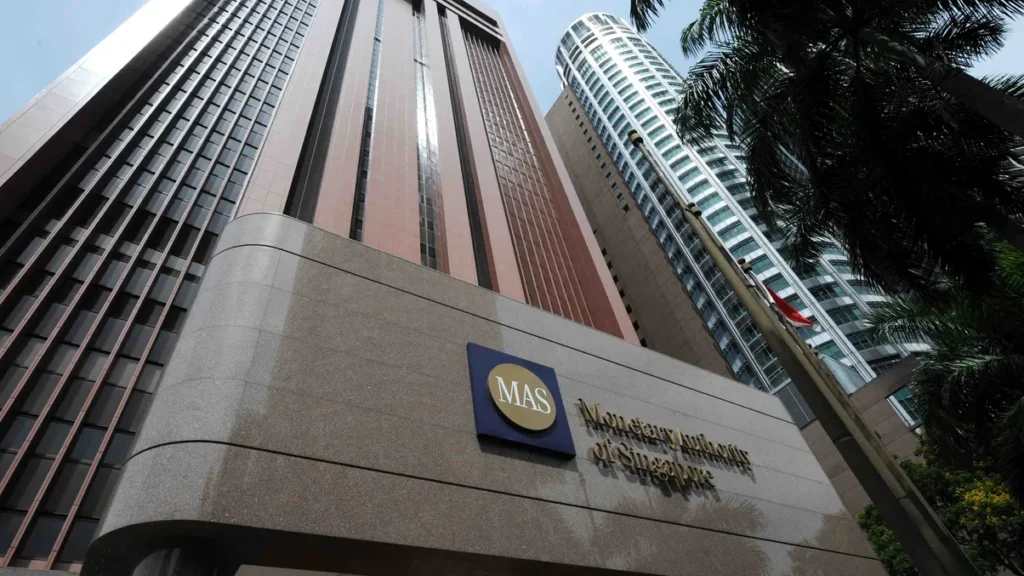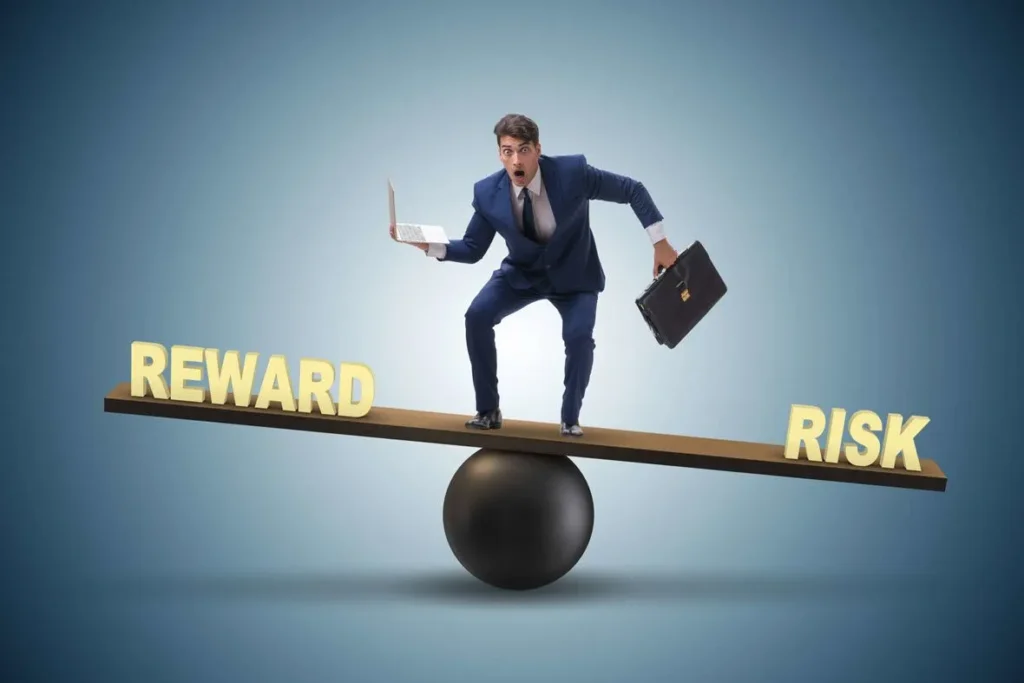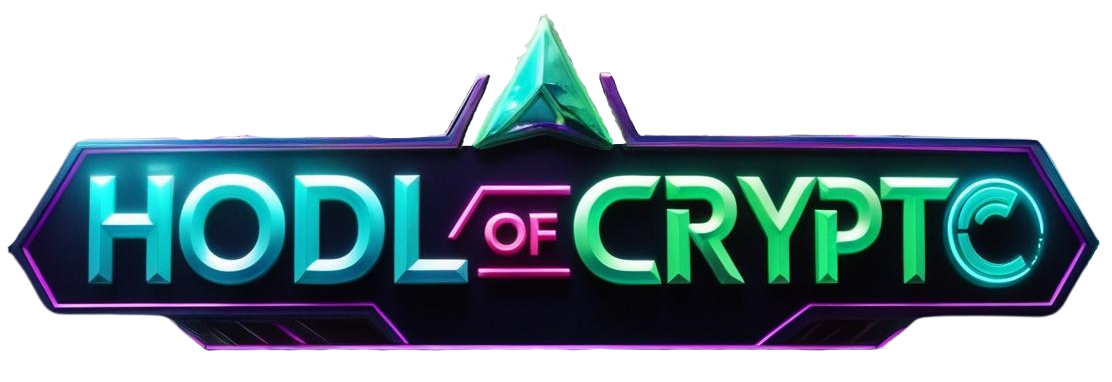So… Do I Really Need a Crypto License in Singapore? Probably, yes. If your product touches crypto in any way—buying, selling, swapping, holding—and you have users in Singapore, MAS will want to know what you’re up to. A crypto license in Singapore isn’t just for big exchanges. Even a startup wallet app that lets users store tokens falls under their radar.
A lot of teams try to delay the process or stay “quiet” while building. Honestly? That used to fly a few years ago. Now? Not so much. MAS is watching. If you want to build something serious, don’t treat licensing as an afterthought.
What Is MAS Actually Looking For?

Credit From: asianinvestor
They want to know your team understands what you’re doing. That’s it. Not a polished deck. Not a 60-page compliance binder someone downloaded from Reddit. Just actual understanding.
MAS will ask questions like:
How do you detect fraud? Who handles complaints? Where are your private keys stored? What happens when something breaks?
And no, “we use a third-party provider” isn’t always a good enough answer. They want to hear how you think about risk. It’s okay to be small. It’s not okay to be clueless.
We’re Just a Small Team. Can We Even Apply?

Absolutely. Plenty of two- or three-person teams apply for licenses here. But here’s the deal: you need to show you’re taking it seriously. That means you’ve looked into the Payment Services Act, you know which part applies to your model, and someone on your team actually owns compliance—not just a name on a form.
You don’t need a Chief Risk Officer from a bank. But if everyone on your team shrugs when MAS emails you, it’s not going to go well.
Crypto license in Singapore: What’s the Process Like?

Longer than you’d like. Smoother than you think—if you’re prepared. After your initial application, MAS usually comes back with follow-up questions. Some are simple, some will force you to rethink your entire user flow. Then they’ll ask for revised docs. Then more questions.
Most teams say 6–12 months is normal. If you’re sloppy or vague, it’ll drag on. If you’re honest and clear? It still takes time, but it’s doable.
What Happens After We Get Licensed?

Congrats—you now report to MAS like a real financial entity. Welcome to adult mode.
You’ll need systems to catch suspicious transactions, audit trails, reporting routines, even regular check-ins. This is where many startups start scrambling, because they realize they built for scale, not for compliance.
If you want to build fast and stay in the country long-term, plan for both. Treat compliance as part of your product—not a department you’ll “add later.”
Can We Operate While Waiting?

Legally? No. Some companies soft-launch or operate under exemption while waiting, but this is a gray zone. If something goes wrong, and you’re handling digital token services without a license or exemption, it’s not going to end well.
If you’re close to approval, maybe there’s room to breathe. But if you’re still drafting your first KYC policy, just wait. It’s safer for everyone—especially your users.
Is Crypto license in Singapore Really Worth It?

It depends. If you’re building for the long run and want access to serious partnerships, banking, and regional trust—yes. A crypto license in Singapore signals to the world that you’re not just another fly-by-night project.
But it’s not a trophy. It’s a promise. MAS won’t expect you to be perfect, but they will expect you to keep improving. If that sounds exhausting, maybe you’re not ready yet—and that’s okay too.











